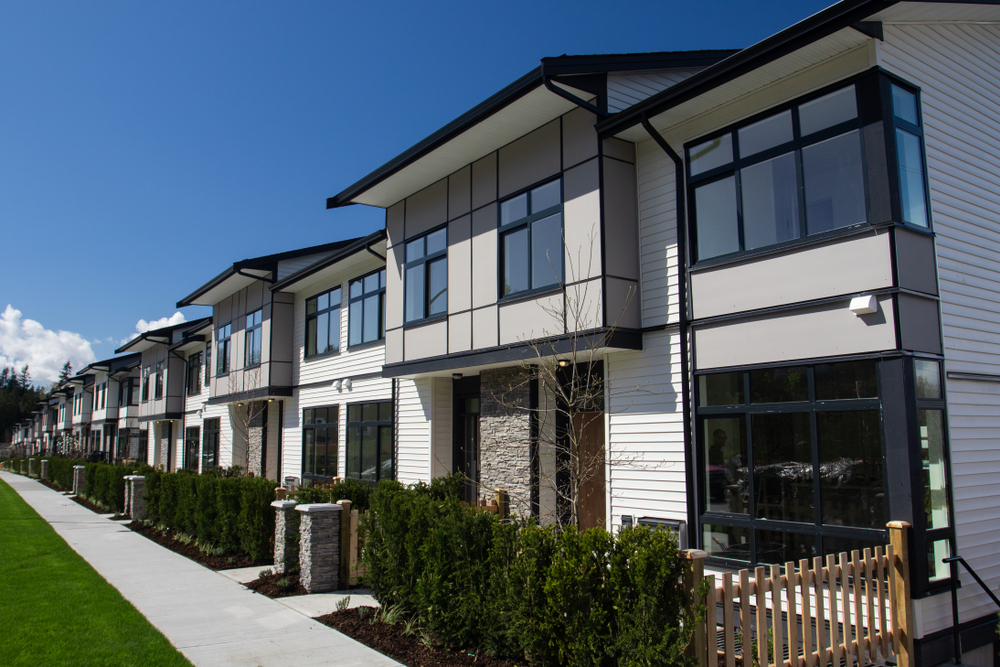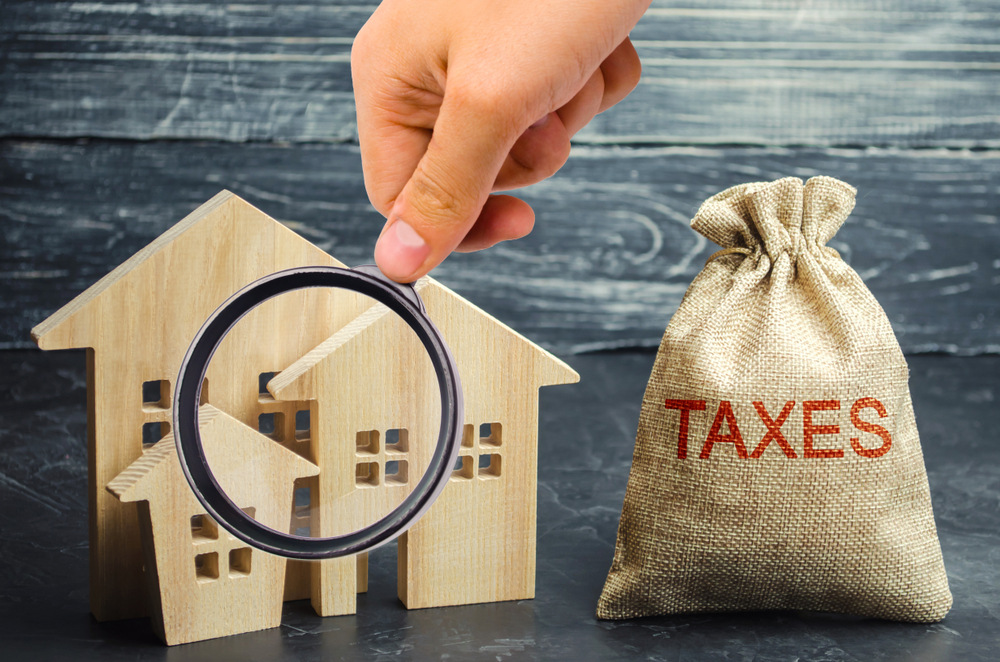Things You Should Know About Functional Obsolescence in Real Estate
Functional obsolescence is a term used in the real estate industry to describe a decrease in the market value of a property that is caused by a decrease in its functional ability. Functional ability can refer to anything from the physical condition of the property to its usability or livability. There are a few different factors that can contribute to functional obsolescence in a property. The most common is age; as a property gets older, it may start to show signs of wear and tear that make it less desirable or usable. Structural problems, like foundation issues or damage from weathering, can also lead to decreased functionality. Finally, changes in the surrounding area or in demographics can cause a property to lose its appeal, even if it’s in good condition. How Does Functional Obsolescence Affect Property Values? Functional obsolescence can have a serious impact on the value of a property. In some cases, the decrease in value may be relatively small, but in other cases, it can be quite significant. It’s important to be aware of functional obsolescence when considering a real estate purchase, as it can have a major impact on the value of the property. If you’re thinking of selling a property that’s been impacted by functional obsolescence, it’s important to price it accordingly. You may find that buyers are less interested in purchasing a property that doesn’t function as well as newer properties in the area, and you may have to reduce the asking price to get it off the market. 3 Types of Functional Obsolescence in Real Estate There are three main types of functional obsolescence in real estate: Curable obsolescence: This is obsolescence that can be fixed or improved with some effort on the part of the property owner. For example, a property with outdated finishes can be updated to make it more appealing. Incurable obsolescence: This is obsolescence that can’t be fixed and can only be mitigated by selling the property. Structural damage, for example, is typically incurable. Superadequacy: This is when a property is more functional than necessary for the current market. For example, a large house in a neighborhood of smaller homes would be considered superadequate. Superadequacy can lead to a decrease in value if the property is no longer in demand. Methods of Appraisal to Consider When Purchasing a Property Not all homeowners or real estate investors will consider functional obsolescence to be a deal-breaker in their purchasing decisions. Your real estate agent may be able to assist you in negotiating a lower price for a home if you are made aware of the home’s obsolescence after you have made an offer on it. Some assessors may label a home outmoded because of functional elements that you consider more aesthetically pleasing or that you are willing to make repairs to yourself. If you are aware of a property’s obsolescence, you might request that the assessor utilize the cost method to assess rather than the sales comparison technique when determining its value. Instead of comparing the value of the outmoded home to comparable homes currently on the market, the appraiser will determine the worth of the home based on the amount it would cost to demolish and rebuild the home in its current condition. The cost of replacing is referred to as the replacement cost. Real estate investments, like all other investments, are subject to inherent risks, which may include the depreciation of assets as well as financial losses and legal repercussions. It is intended solely for educational, informational, and reference purposes that the information is given in this article be used. Before making any legal or financial agreements, get the advice of a licensed real estate or financial professional first.
Things You Should Know About Functional Obsolescence in Real Estate Read More »







